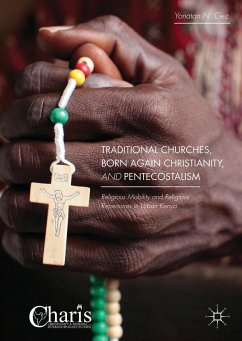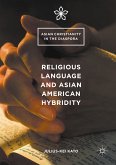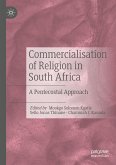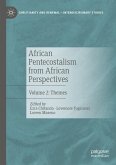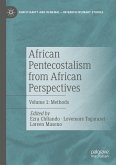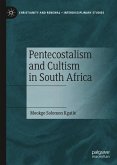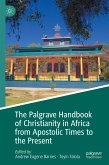In Kenya's vibrant urban religious landscape, where Pentecostal and traditional churches of various orientations live side by side, religious identity tends to overflow a single institutional affiliation. While Kenya's Christianity may offer modes of coping with the fragilities of urban life, it is subject to repeated crises and schisms, often fueled by rumors and accusations of hypocrisy. In order to understand the unfolding of Kenyans' dynamic religious identities, and inspired by the omnipresent distinction between 'religious membership' and 'church visits,' Yonatan N. Gez considers the complementary relations between a center of religious affiliation and expansion towards secondary practices. Building on this basic distinction, the book develops a theoretical innovation in the form of the 'religious repertoire' model, which maps individuals' religious identities in terms of three intertwined degrees of practice.
Dieser Download kann aus rechtlichen Gründen nur mit Rechnungsadresse in A, B, BG, CY, CZ, D, DK, EW, E, FIN, F, GR, HR, H, IRL, I, LT, L, LR, M, NL, PL, P, R, S, SLO, SK ausgeliefert werden.

